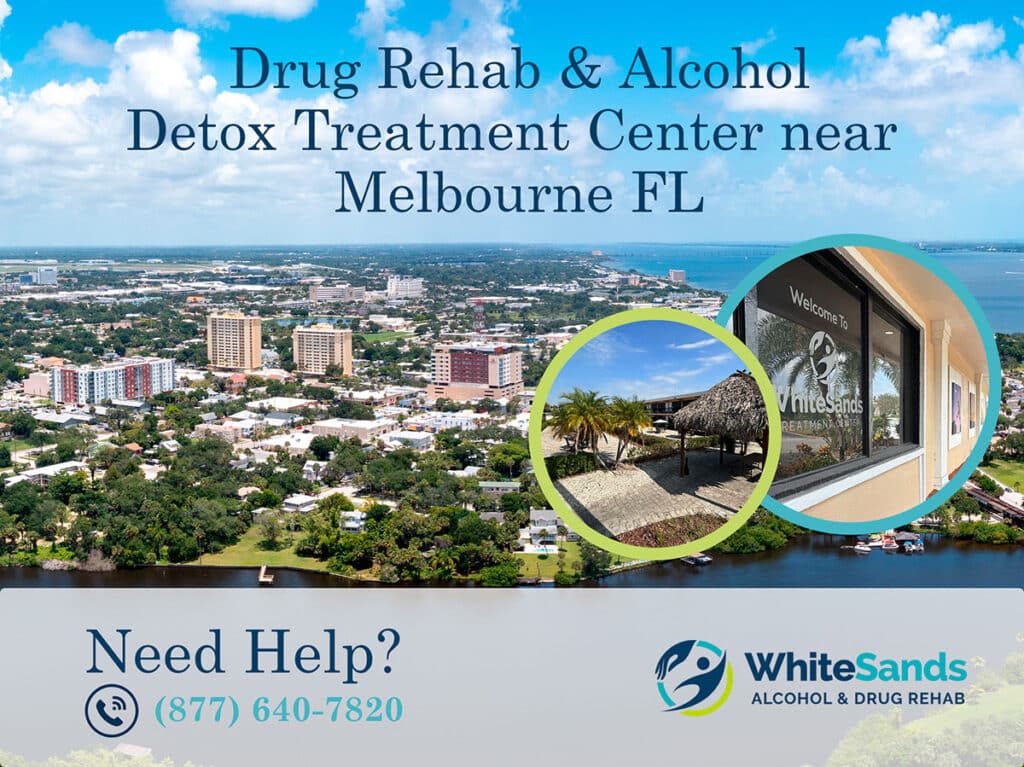Experience Supportive Community Healing at New Origins in Redlands
Experience Supportive Community Healing at New Origins in Redlands
Blog Article
Untangling the Truths and misconceptions Bordering Dependency Therapy Choices
You might assume addiction is simply an ethical stopping working or that therapy just works after striking rock base. But the fact is far more complicated. Dependency is a chronic condition that requires ongoing treatment, and therapy options differ extensively. By recognizing the realities and myths surrounding these alternatives, you can much better navigate the course to recovery. What you uncover may change your perspective on looking for help and support.
Recognizing Dependency as a Persistent Disease
Recognizing addiction calls for acknowledging it as a persistent illness, a lot like diabetes or cardiovascular disease. You might consider addiction as a moral falling short, however it's important to watch it with a clinical lens. Similar to any kind of persistent condition, dependency can entail changes in mind chemistry and framework, causing compulsive behavior.When you recognize dependency by doing this, it comes to be clear that therapy isn't regarding determination; it has to do with taking care of an intricate health issue. This understanding can aid you find the right treatment alternatives, whether that's treatment, assistance, or medicine groups.Recognizing dependency as a chronic disease likewise encourages compassion, permitting you to sustain liked ones dealing with it. You'll see that recovery is usually a long-lasting process, requiring continuous care and support. With this point of view, you can better value the obstacles faced by those affected and add to a much more encouraging atmosphere for healing.
Common Misconceptions Concerning Dependency Treatment
Numerous people hold mistaken beliefs regarding dependency therapy that can impede recuperation efforts. One usual myth is that addiction is merely an absence of determination. This idea neglects the complicated nature of addiction as a persistent illness that influences brain chemistry. An additional misconception suggests that treatment just works if someone hits "record low." In truth, lots of people can gain from early intervention, making it important to look for assistance earlier instead of later on. Some likewise assume that rehab is a one-size-fits-all remedy. Nonetheless, efficient therapy is individualized and takes into consideration numerous variables like specific demands and circumstances. Furthermore, numerous believe that when therapy is complete, healing is assured. Recuperation is a continuous process that needs continued support and methods. By exposing these myths, you can approach dependency treatment with a more clear understanding, ultimately raising your possibilities of successful recuperation and a much healthier life.
The Relevance of Evidence-Based Strategies

Kinds Of Therapy Options Readily Available
After acknowledging the importance of evidence-based strategies in addiction treatment, it's essential to explore the numerous options readily available to you. One prominent choice is inpatient treatment, where you remain at a center for intensive treatment and assistance. This alternative offers a structured atmosphere, minimizing distractions and concentrating on recovery.Outpatient treatment, on the other hand, enables you to attend therapy sessions while living in your home, providing adaptability for work or family members dedications. You could also take into consideration medication-assisted therapy, which incorporates medications with therapy to address material use conditions effectively.Behavioral treatments, such as Cognitive Behavior Therapy (CBT) and Dialectical Behavior Modification (DBT), assist you identify and change adverse thought patterns. Support system, like Twelve step programs (AA) or Narcotics Anonymous (NA), offer community and shared experiences. Each alternative has its strengths, so it's crucial to analyze your choices and needs to find the best fit for your recovery journey.
The Role of Support Systems in Healing
Support group play a necessary function in your healing trip. Engaging with family, close friends, and peer networks can offer the support and responsibility you require to remain on track. When you border yourself with a helpful community, you're much more most likely to get rid of obstacles and accomplish enduring adjustment.
Importance of Community Support
Neighborhood support plays a crucial function in dependency recuperation, as it cultivates a sense of belonging and responsibility. When you surround on your own with others who recognize your struggles, you'll discover inspiration and motivation to remain on track. Involving with support system or area programs produces a safe room where you can discover and share experiences from each other. These links help in reducing sensations of isolation, which frequently accompany addiction. By participating actively, you acquire understandings and methods that improve your coping abilities. Plus, becoming part of a neighborhood enables you to celebrate milestones, enhancing your dedication to recuperation. Ultimately, the collective stamina of an encouraging network can make all the difference in your journey toward a healthier, sober life.
Family Involvement in Healing
While several factors add to effective healing, household involvement often attracts attention as an essential aspect in the recovery procedure. Your family can provide a caring environment that cultivates understanding and empathy. When they proactively join your recovery trip, they can help you stay liable and inspired. Open up interaction enables you to share your sensations and ideas, aiding to restore depend on and strengthen bonds.Additionally, member of the family can find out about addiction and healing, making them better furnished to support you. Their support can help you face challenges and celebrate landmarks in the process. Ultimately, having a strong family support system can greatly enhance your opportunities of maintaining long-term soberness and accomplishing a much healthier, better life.
Peer Assistance Networks
Household participation can substantially boost your recovery, however peer support networks additionally play a vital function in your journey. Linking with others who share similar experiences can supply you with understanding, camaraderie, and inspiration. These networks develop a safe about his space where you can openly review your obstacles and triumphes without worry of judgment.Engaging with peers in recuperation aids you understand you're not alone, and it can inspire you to stick to your objectives. Regular meetings and shared experiences foster accountability, making it less complicated to navigate difficult times. Whether through support groups or online discussion forums, these links can reinforce your resolve and offer practical recommendations. Welcome these networks; they can be a lifeline in your recovery process.
Individualized Treatment Strategies: Why One Dimension Doesn't Fit All
Dependency treatment isn't a one-size-fits-all remedy; it needs a customized strategy that considers your unique circumstances and requirements. Everyone's trip via addiction is different, influenced by aspects like individual history, mental health, and support group. That's why a tailored treatment plan is important for your success.When you participate in a personalized plan, experts can recognize certain triggers and obstacles you deal with. This allows them to advise therapies and treatments that resonate with you, whether it's cognitive-behavioral therapy, medication-assisted therapy, or alternative approaches.Moreover, your preferences and lifestyle play a significant duty in the therapy procedure. You're most likely to remain dedicated to a plan that really feels right for you. Don't resolve for common remedies; supporter for a therapy course tailored to your individual needs. Bear in mind, the much more tailored your technique, the better your chances for lasting recuperation.
Recurring Healing: The Journey Beyond Therapy
When treatment is over; it's simply the beginning of a long-lasting dedication, healing does not end. Building a solid support system can make all the difference in avoiding and handling challenges isolation. You'll require reliable coping strategies to deal with moments of isolation along the method.

Support Equipments Matter The Majority Of
While click over here now steering the journey beyond treatment, having a solid support system can make all the difference in your recurring healing. Surrounding yourself with individuals who understand your battles and goals develops a safety and security net. When you deal with difficulties, friends, household, and assistance groups can use encouragement. They give liability, aiding you remain devoted to your recuperation journey. Sharing experiences with others that have actually strolled a similar course can instill hope and durability. Bear in mind, it's all right to lean on them; you're not alone. Look for connections that uplift you, and be open concerning your feelings. Growing these relationships promotes a sense of belonging, which is necessary for keeping your progress and steering via the ups and downs of recovery.
Lifelong Commitment to Recovery
Accepting a lifelong dedication to healing suggests acknowledging that the trip doesn't end after treatment; it's a continual process requiring dedication and self-awareness. You'll find that keeping your healing involves daily options and continuous personal growth. It's crucial to develop routines that support your well-being and strengthen the lessons discovered throughout treatment. Staying gotten in touch with your support group, whether through therapy, support system, or friendships, can offer accountability and motivation. Be positive in resolving triggers and challenges as they develop, and don't be reluctant to look for help when needed. Bear in mind, healing isn't nearly staying away from substances; it's concerning developing a satisfying life that aligns with your worths and objectives. Embrace this journey, and celebrate your progress along the road.
Coping Techniques for Solitude
Really feeling lonesome throughout ongoing healing can be tough, especially as you browse the modifications in your life. To deal, attempt connecting to supportive friends and family. They can advise you that you're not the only one in this journey. Take into consideration signing up with assistance teams where you can get in touch with others facing similar struggles. Participating in pastimes or activities you take pleasure in can additionally assist inhabit your mind and foster connections. Offering is one more great method to satisfy new individuals while giving back to your area. Ultimately, do not take too lightly the power of self-care; practicing journaling, reflection, or mindfulness can help you refine your sensations. Keep in mind, it's alright to look for expert assistance if isolation comes to be overwhelming. You deserve support as you proceed your recuperation journey
Frequently Asked Inquiries
Can Addiction Be Treated Without Professional Assistance?
Yes, addiction can be managed without professional help, but it's tough. You'll need strong support group, self-control, and reliable coping techniques. Looking for expert support greatly boosts your opportunities for effective healing and enduring adjustment.
What Function Does Family Members Play in Therapy Success?

Are Alternate Treatments Reliable in Dealing With Dependency?
Alternate treatments can be reliable in treating addiction (New Origins Addiction Treatment Center). You may find mindfulness, art, or yoga treatment beneficial, as they supply all natural techniques that complement standard techniques, helping you manage stress and anxiety and advertise general wellness
For How Long Does Dependency Treatment Normally Last?
Addiction treatment commonly lasts anywhere from a couple of weeks to a number of months, depending on your needs. It typically consists of detoxification, therapy, and support teams, all customized to help you achieve long lasting recuperation and health.
What Happens if Therapy Doesn't Work?
If therapy doesn't work, you could feel dissuaded, yet it is necessary to reassess your options. You can explore different treatments, support system, or even a various strategy to discover what really resonates with you.
Final thought
To summarize, recognizing addiction as a persistent condition is important in resolving myths regarding therapy. By recognizing that effective healing calls for evidence-based methods and site link customized care, you can take the primary steps towards recovery. Remember, it's alright to seek aid and lean on support group as you navigate your journey. Healing isn't a destination yet a continuous process. Welcome the path in advance, and recognize that with the right devices and assistance, you can achieve lasting change. Lots of individuals hold misconceptions about addiction treatment that can hinder healing initiatives. Additionally, numerous think that when therapy is total, recuperation is guaranteed. Recovery doesn't finish when therapy is over; it's simply the beginning of a lifelong commitment. While navigating the journey past treatment, having a strong support system can make all the difference in your continuous recuperation (New Origins Addiction Treatment Center). Welcoming a long-lasting commitment to healing indicates identifying that the journey doesn't end after treatment; it's a continuous process requiring devotion and self-awareness
Report this page